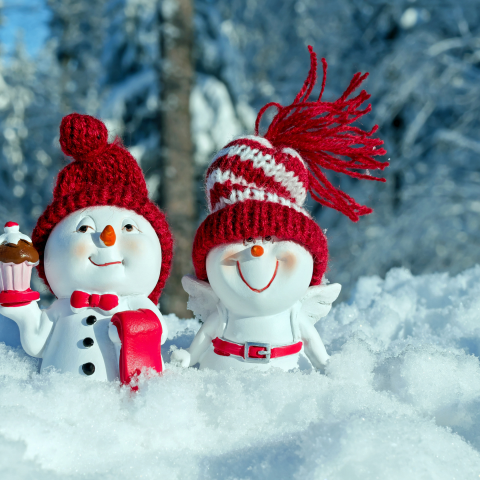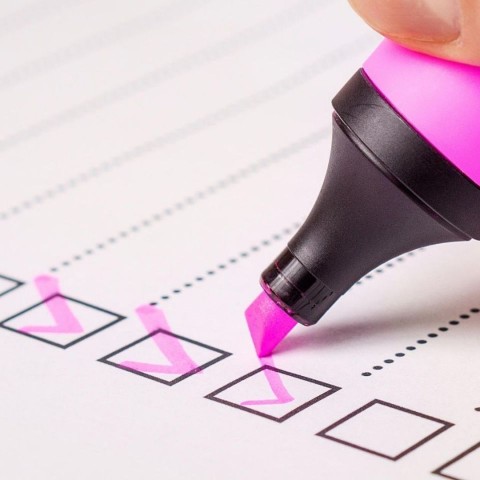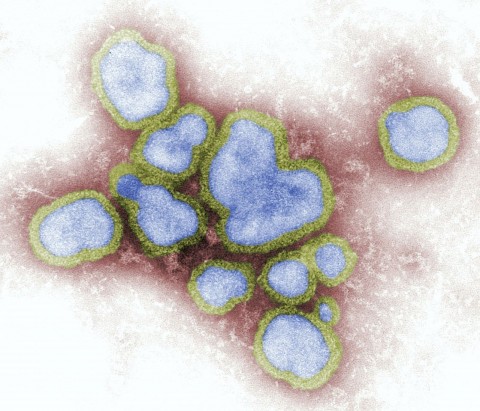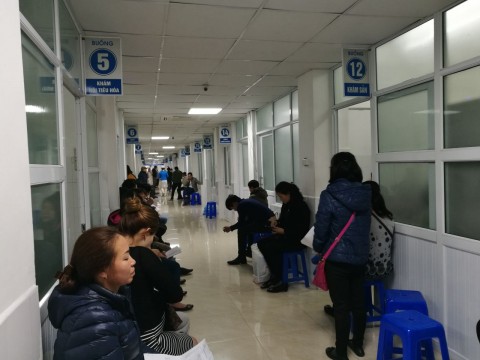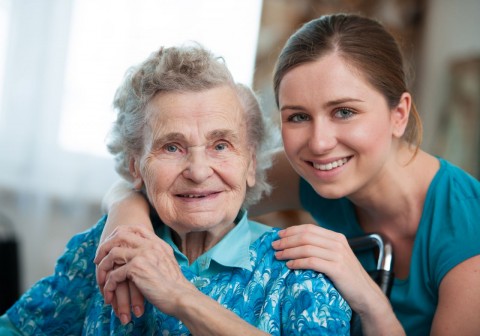Hypothermia
Everyone has heard people say, “please close the door, I’m going to get hypothermia”, they say it playfully, but it is a very serious medical emergency. Hypothermia is a condition that occurs to your body when it loses heat faster than it can produce. Natural body temperature is around 98.6 F (37 C) degrees.
Hypothermia occurs when the body is exposed to cold weather. Whether it’s not wearing the right clothing for the cold weather and even stepping in a puddle. When your body temperature drops, your body will slow down, slowing down your heart, system, nervous system, and other organs. If left untreated, hypothermia can cause complete failure of the heart, and eventually lead to death.
Symptoms
Shivering is your body's first defense system against hypothermia, shivering is your body's attempt to warm itself. Symptoms for hypothermia occur very gradually and slowly, therefore many people aren't aware of their conditions until it has deteriorated.
- Shivering
- Mumbling and slow speech
- Slow breathing
- Weak pulse
- Low energy
- Bright red and cold skin.
Risk Factors
- Dementia – people who suffer from dementia often don't dress properly for the cold weather, therefore, they are more likely to be affected by hypothermia.
- Medical conditions – certain medical conditions can make the body not able to sense the loss in temperature. This can make it easier for people who suffer from these conditions to get hypothermia.
- Alcohol use – alcohol makes your body feel warm inside, but it causes the blood vessels in your body to expand, which leads to rapid heat loss.
- Poor nutrition – when someone doesn’t eat well, their bodies are more susceptible to getting hypothermia. Not eating well means you might have less fat for insulation.
Hypothermia in seniors
When people age, their ability to sense the loss in temperature decreases, and their bodies struggle to heat themselves. Hypothermia is very dangerous for people over the age of 65 every winter. As mentioned before, some elderly people who suffer from dementia often don’t dress appropriately for the weather and they are at risk of getting hypothermia.
Hypothermia isn't only a problem when you go out to the cold weather, it can also happen when your home isn't properly heated. Here are some tips for avoiding hypothermia.
- Make sure your home is warm during cold weather. Make sure you have a heater, a fireplace, or a radiator in your home and where you sleep. Wear plenty of sweaters and layers – During the winter, you must wear plenty of sweaters, layers, gloves, and warm socks. Often people are cold when their feet are cold, so, wearing socks is very important especially when the floors in your home are very cold.
- Drink a lot – Cold weather suppresses your thirst and can make you dehydrated. The body needs water to maintain normal functions. It can also interfere with your ability to sustain your core body temperature. Therefore, make sure to drink a lot of water and stay hydrated.
- Warm beverages – Drink plenty of tea and hot cocoa in order to feel warm. This is a great way to warm up and also stay hydrated.
Treatment
It is important to treat hypothermia immediately.Once hypothermia sets in, it is a slippery slope. So, treating it quickly is important.
- Rewarming – It is important to reheat people who suffer from hypothermia. If the case is mild, then covering them with a blanket might be enough. However, if the case is extreme then hospitals need to warm the blood in one's body with a Hemodialysis machine (they are normally used for people with dialysis but it can also be used for hypothermia).
- Airway rewarming – sometimes if the case is very severe, your body's airways can suffer. A warmed intravenous solution of saltwater may be put into the vein to help warm the blood.
- Remote wet clothing – if you are experiencing hypothermia because you were caught in the rain or because you stepped into a puddle, then you must remove your wet clothing immediately.
Hypothermia is very important to treat quickly, especially with the elderly and children. Most people don’t think that hypothermia is very common, but it is! So, please keep yourself warm and stay out of the cold weather.
When you subscribe to the blog, we will send you an e-mail when there are new updates on the site so you wouldn't miss them.

